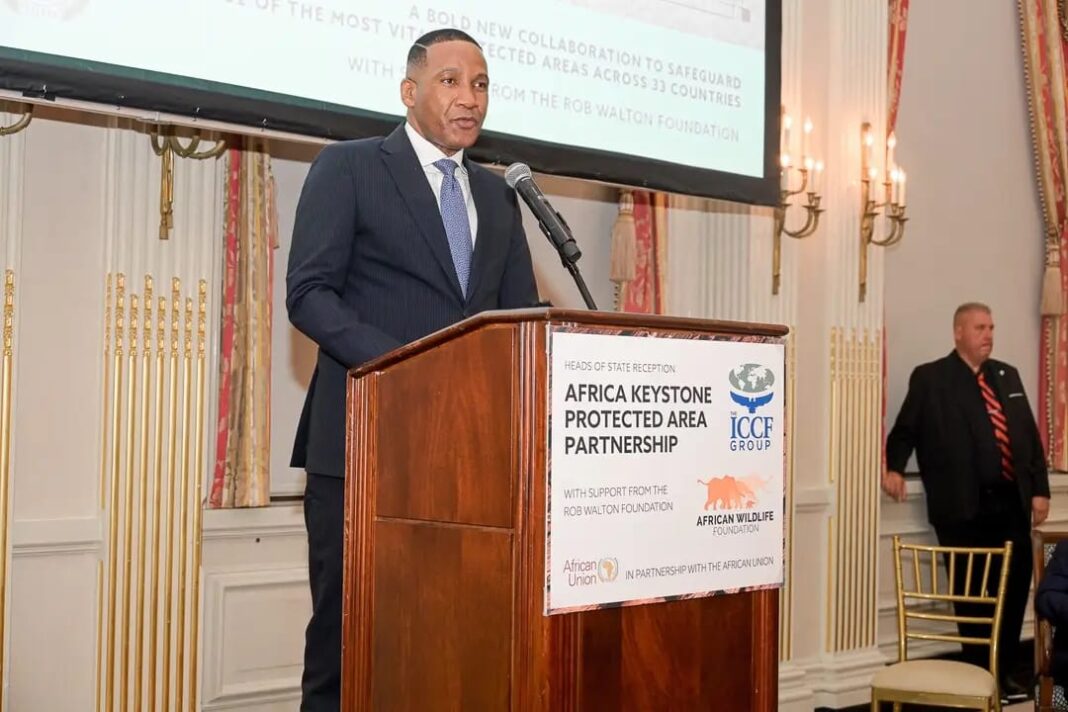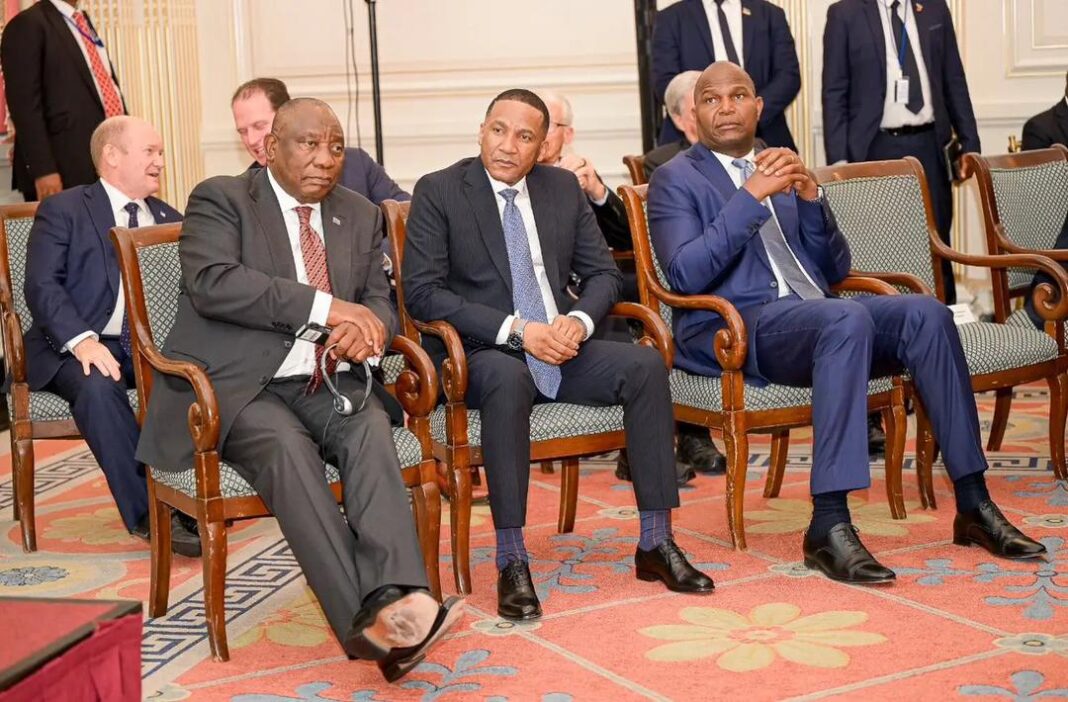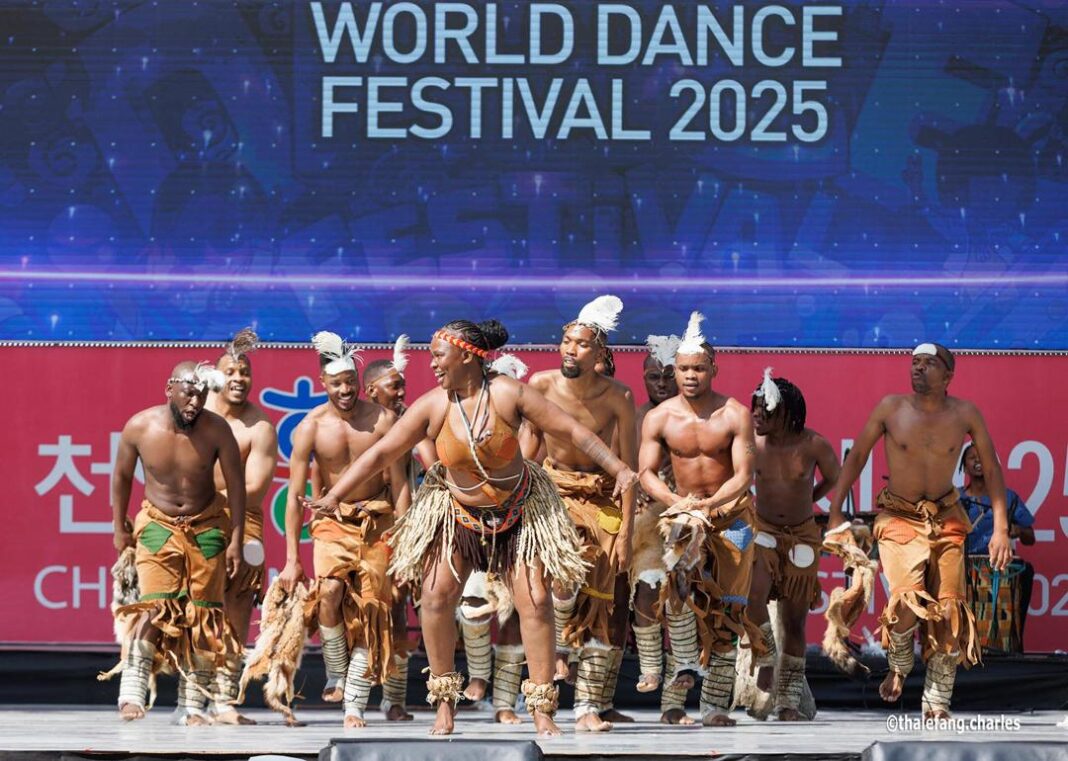Botswana’s President Advocate Duma Gideon Boko delivered a powerful maiden address to the United Nations General Assembly (UNGA) this week, urging the global body to recommit to its founding ideals while passionately advocating for African representation, climate adaptation financing, and solidarity with the Palestinian people.
Framing the session around the theme “Better Together,” President Boko emphasised that the unity of humanity must “triumph any tendencies to divide us.”
Boko drew countries’ attention to the “Palestinian crisis,” stating that “the carnage [in] Gaza… must prick our collective consciences.” Boko affirmed Botswana’s position, stating, “We stand in solidarity with the Palestinian people in their pursuit of a home and of dignity.”
Further, he also reaffirmed support for the sovereignty and territorial integrity of Ukraine, urging all parties to “stop the war and seek a peaceful resolution.”
As an African leader, he made an uncompromising call for correcting a historical imbalance in the structure of the United Nations. Stating that the continent is “all too often treated with affable indifference,” adding that the UN cannot be truly international until Africa, home to a fifth of the world’s population, is afforded an “equal voice.”
Furthermore, the Botswana president then issued a direct challenge to the permanent members of the Security Council, declaring: “Friends and partners in the permanent five, it is time to make good on your promise to a continent. Agree a permanent seat on the UN Security Council for Africa, for 80 years the only continent without one.”
Moreover, he also addressed the domestic challenges and aspirations of Botswana, linking them to global cooperative efforts. He noted that despite Botswana being historically a monolithic economy heavily reliant on diamonds, he rallied global partners to invest in renewable energy, technology and sustainable agriculture as Botswana seeks to create a resilient economy. Additionally, he mentioned the nation’s climate adaptation efforts, calling on the assembly to scale up funding for climate adaptation to invest in water infrastructure, early warning systems, and climate-smart agriculture across the Global South.
Boko addressed the issue of global health equity. Citing an acute shortage of essential medicines earlier this year, he emphasised that “access to medicines is a human right, not a privilege.” The call was made for the UN, financial institutions, and the private sector to collaborate on building resilient health systems through local production and fairer mechanisms.
He concluded his remarks by reiterating the necessity of multilateralism, not as a matter of convenience, but as a matter of “deep necessity,” ensuring that future generations can look back and say of the current leaders, “they were a generation that turned words into action, promises into progress and hope into reality.”



